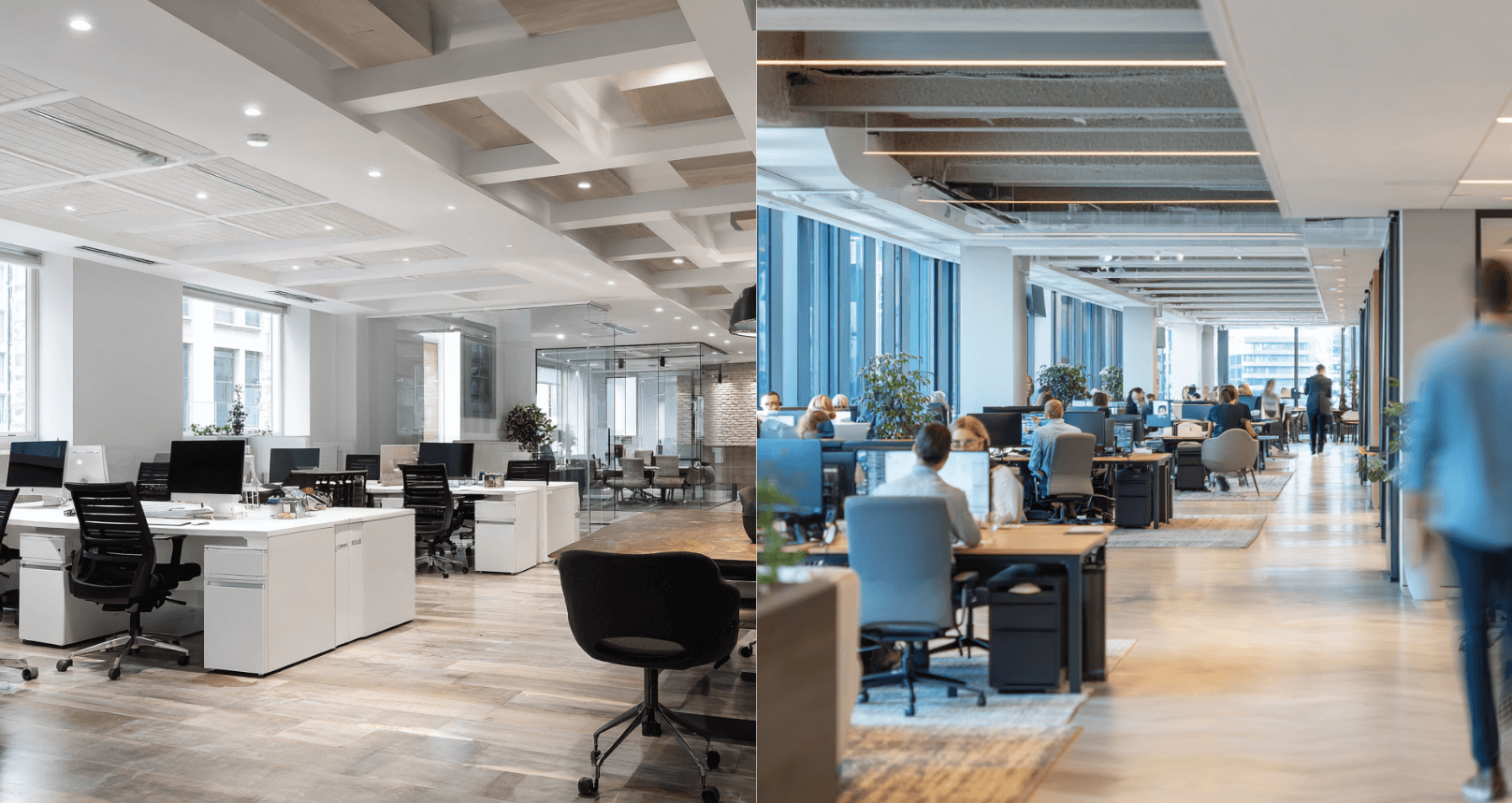Google opens its doors to the community. What it means for the future of workspaces
This could well be a glimpse into the future of corporate workspaces and the evolving role they will play in our lives.

As we continue to adapt to new work models and office dynamics, companies are rethinking how they engage with their employees and the broader community. Google is setting a fascinating precedent with its newly announced Google Visitor Experience. Scheduled to open on October 12, 2023, the Mountain View headquarters will no longer just be a tech sanctuary for Google employees. It's evolving into a multi-faceted space, complete with a public café, an events space, and a pop-up shop featuring local businesses.
Breaking Down the Google Visitor Experience
Google's visitor-friendly transformation will include:
- Cafe @ Mountain View: Google's first-ever public cafe.
- The Huddle: A venue designed for local community groups and non-profit events.
- Pop-Up Shop: A space that features and supports local businesses.
- The Plaza: An outdoor area featuring art installations, events, and programming.
- Google Store: The first brick-and-mortar store on the West Coast focusing on Google's hardware products.
Why This Matters
What's groundbreaking here is the intentional design of the office space to function as a community hub. By blending work and life, Google aims to make its space a unique destination for a variety of visitors, thereby:
- Building Stronger Community Ties: With venues for local events and pop-up shops, Google is investing in its immediate community, potentially driving both social and economic growth.
- Promoting Sustainability: By maximizing the utilization of their space even on low-occupancy workdays, Google is showing how corporate real estate can be made more sustainable.
- Reimagining Corporate Culture: This move is a game-changer for the future of workspaces. It's an active step towards transforming offices into vibrant community hubs.
A Trend Worth Watching
The Google Visitor Experience is not an isolated move. It echoes a broader trend where companies are increasingly turning their office spaces into lively community centers. Data from across the Density network shows that a 3-day in-office workweek is becoming popular, and businesses are exploring creative ways to use their space effectively.
The next time you hear about offices becoming obsolete or companies downsizing, think about Google's approach. This could well be a glimpse into the future of corporate workspaces and the evolving role they will play in our lives.
Key Takeaways

DisruptCRE founder shares how corporate real estate is changing
Companies are moving employees from underutilized offices into "space as a service” options with utilization data.
Watch now
Half of offices are empty but you still can’t find a meeting room
Employees waste up to 30 minutes a day looking for a meeting room to meet in workplaces.
Read moreMost recent

Space waste: The industry’s naughty and nice list
Our sensors spilled the beans: What industry is winning, who's wasting and who's hogging your office real estate.
.png)
Improve your occupancy sensor RFP with our best practice guide
Discover essential questions to simplify your occupancy sensor RFP process and confidently choose the right vendor.

Does RTO actually work? A webinar debate with the data
Density’s RTO data sparks debate between a pro-office CEO and a remote-friendly workplace strategist.

A workplace love story: Phone booth meets sensor
Phone booths are booming—and occupancy sensors help companies manage and measure them with ease.
Explore other Density Products
Atlas for Workplace
Insights for the workplace that help you cut costs and deliver better spaces.
Learn more